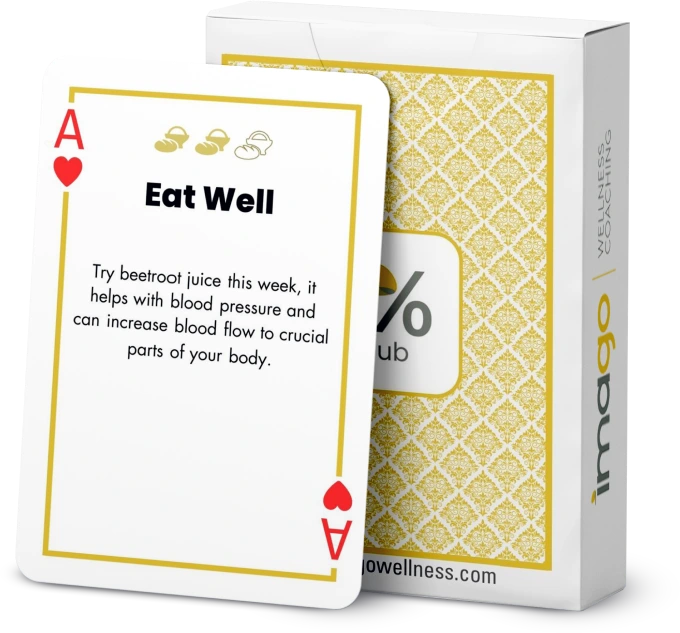The 1% Club




8 of Hearts
Where did it come from?
- Choose a food from your lunchbox or plate. Think about where it may have started its journey. How did it get to the supermarket shelf for you to buy it?
- Can you list all the people that might be involved in food production? Did someone plant the food to grow?
- Maybe you could grow some of your own food and follow the food’s journey the whole way. It might even taste better if it’s from your garden!
Understanding where food comes from will help you sort foods into natural foods (foods that grow) and processed foods (made in a factory).
It will help you appreciate all the people that have been involved in getting the food to your plate.
This might make you think again about wasting lots of food!
Nutrition education and healthy eating have a lifelong impact.
Having proper nutritional knowledge leads to healthier food choices and better health with reduced risk of some diseases or illnesses such as obesity and malnutrition. Having regular meals is an important part of healthy eating. Understanding the role of eating carbohydrates (“fuellers”), proteins (“builders”), fats (“protectors”) and fruit and vegetables (“preventers”) is important for children to have a healthy diet.1
Small changes CAN make a big difference – that’s what The 1% Kids’ Club is all about!
- Get the children to open their lunchboxes. Every day ask a child to share with the class ‘The journey of…(item from their lunchbox)’. Students will benefit by enhancing their research and communication skills.
- Write a ‘Thank you’ letter to some people involved in the food production line.
- Look at school initiatives such as ‘Garden to Table’ which encourages growing food in your own school and then making meals out of the ingredients grown.
- During a meal time, choose an item on the plate and discuss the food’s journey.
- Encourage children to plant some of their own vegetables and caring for them in the garden. Think of different ways the food could be prepared.
- Ares, G., Sofia De Rosso, Mueller, C., Philippe, K., Pickard, A., Nicklaus, S., Ellen van Kleef and Varela, P. (2023). Development of Food Literacy in Children and Adolescents: Implications for the Design of Strategies to Promote Healthier and More Sustainable Diets.Nutrition Reviews, [online] 82(4). https://pubmed.ncbi.nlm.nih.gov/37339527/

